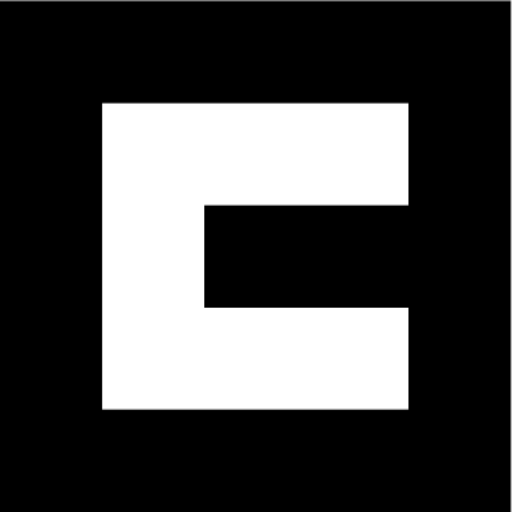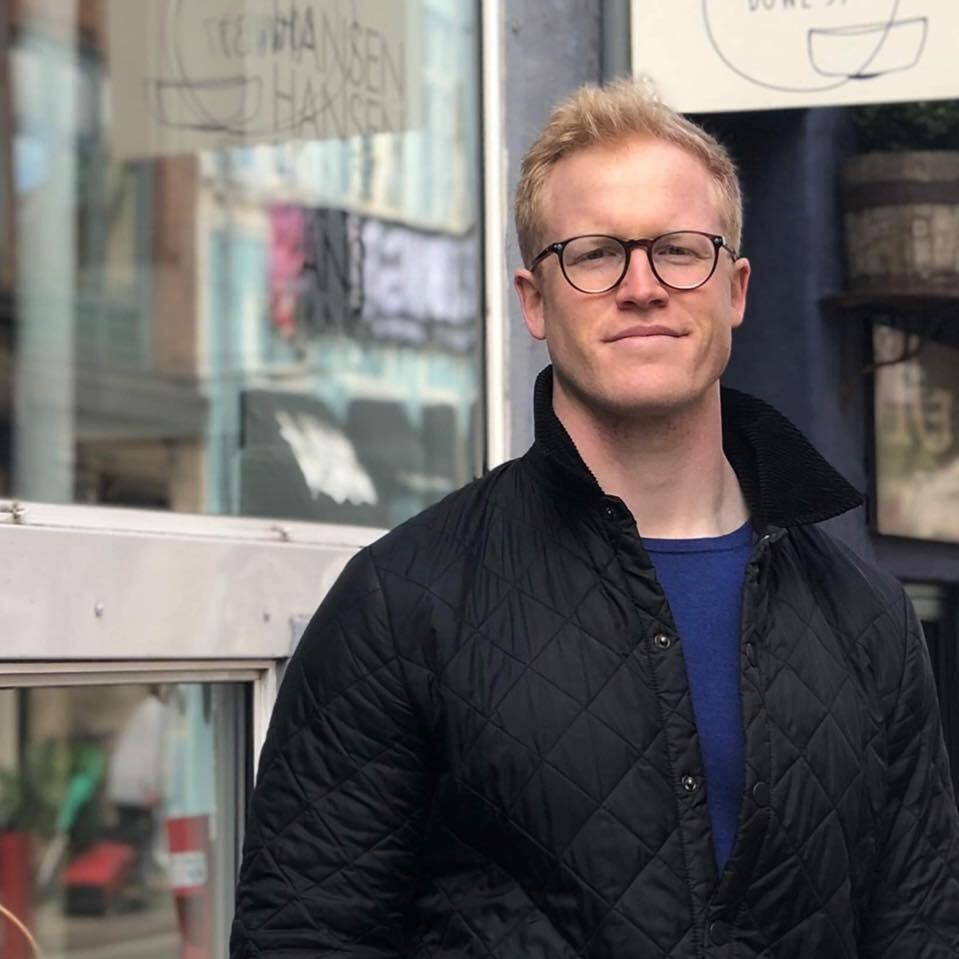Tell us about yourself?
I grew up in a tiny town outside of Copenhagen. It’s not the sort of place where you find a lot of software developers.
My family isn’t very tech savvy– I still have to help my parents log into their laptops– but I got into programming when I was 13.
I spent a lot of my formative years writing code and modifying open source projects. I knew early on that I wanted to start my own business.
As a teenager, I read about all these tech entrepreneurs and that influenced my thinking.
After undergrad, I worked at JP Morgan and then got an MSc in computer science at Imperial College London. I met my co-founder Eric Landau in London, and in 2020 we started Encord.
I’ve learned that the job of a founder is ever changing. I began as a developer. Then, I worked as an engineering and product manager.
These days, I run the growth team, and my focus is on go-to-market aspects of the business.
Sometimes, I wish I could sit down and write code all day, but having these changing responsibilities is an exciting part of building a company.
What do you think is the single biggest misconception people have when it comes to startups?
I think a lot of people start a company expecting that raising money will be easy. It’s not. Even during last year’s funding frenzy, it was challenging.
Investors ask tough questions. You have to be prepared to hear many “No’s” before someone says, “Yes.” To raise money in today’s fundraising environment, you also have to be revenue generating.
The big fundraising announcements– like $350 million for some serial founder’s new venture– are rare occurrences.
Most startups will need to be generating revenue and have a viable business model before they can raise money.
If you could go back in time to any moment from your journey, and give yourself one tip, what would it be?
The go-to-market side of the business is as important as the technical side of the business. In the beginning, we aligned around getting a lot of advice on the tech side of the business.
We had great success with getting technical advisors on board to help with our product and the tech, but we should have also gotten a go-to-market advisor on board.
Someone who had been through the early stages and growth stages of a company could have really helped us with that part of the business.
We made some mistakes, such as moving too slowly when it came to hiring a marketing team.
I think a lot of those mistakes could have been avoided if we’d had an advisor with hands-on experience who could tell us when we needed to be thinking about and actioning aspects of the go-to-market strategy.
What makes you stand out as an entrepreneur?
Every entrepreneur is different. They all have different paths that lead them to starting a company.
After university, I started on a career in finance, but I decided to leave my job about three years later.
I had this itch to go back to writing code because that was what I really cared about. At my finance job, the only code I was getting to write was VBA in Excel.
Leaving my job to go back for a master’s in computer science was a big decision for me, given the financial implications, but I saw the work that my senior-level colleagues were doing, and I knew that I didn’t want to be doing that type of work in a decade’s time.
I think that experience of pivoting my career has helped me build a company where one of the values is staying close to the end user. I started this journey because I like coding and building products, and as an entrepreneur, I want our company to stay close to the end users, understand their problems, and build products that can help solve those problems.
What are some of the best working habits you’ve gained over the past couple of years?
I actually formed the habits that I’ve relied on while building Encord during university and school.
Those habits include working hard and putting in the hours but also maintaining a healthy lifestyle, such as exercising regularly and eating well.
That can be challenging when you work a lot because it’s so easy to skip going to the gym or going on a run.
But if you fall into a cycle of neglecting your health, you start to feel unwell and you can’t work as efficiently.
The further you sink into that cycle, the harder it is to break out of it. When starting a company, taking care of your physical health is imperative.
Building a company is a multi-year marathon, and people are not equipped to run a marathon without training.
You need to make sure that your body can handle it. You need a good baseline of these sorts of habits so that you can perform at an optimal level for a long period of time.
Give us a bit of an insight into the influences behind the company?
Paul Graham’s mantra of “doing things that don’t scale” has had a big influence on the company’s trajectory.
A lot of startup founders become obsessed with building things that scale, even when they are in the early days and only have a seed of an idea.
They don’t stay close enough to their end-users. We try to stay close to our end users and other stakeholders.
We collaborate with our customers to help them solve problems, and we spend time talking to others in the ecosystem– potential customers and partners, for instance.
Through these conversations, we learn about new problems and work to understand them.
A lot of the time, those discussions result in new ideas for products and features since listening to those stakeholders is the best way to understand what our end users need and value.
Where do you see your business in five years?
Closer to IPO than it is now. But seriously, I hope that we continue to scale in a sustainable way.
We want to continue to grow our team and build new product features that can help all companies take advantage of machine learning and computer vision.
The future of AI is data-centric, so we want to make it as easy as possible for companies to realize active learning for computer vision.
Without a continuous iteration loop between the model and the data, machine learning models can’t reach their full potential.
In five years’ time, I hope that Encord has played an important role in helping many companies and machine learning teams realize that potential.
What do you think the biggest challenge will be for you in getting there?
For any product, I think the biggest challenge is distribution. You can have the best tech in the world, but if you don’t have a good distribution network, then no one will know about it or use it. If there aren’t enough people using your product, you miss out on chances to improve it.
First, you’ve got to build a product that people will love. After that, the biggest challenge is figuring out how to distribute it in the most effective way.
Once you do that, you then have the opportunity to extract learnings from users and make the product better.
Talk to us about your biggest success story so far?
Fourteen months ago, Encord was just two people. Now, we’re a company of 40. We’ve increased our headcount quickly without sacrificing performance. Increasing headcount is challenging because you have to balance growth with operational efficiency.
Often, the more people you have, the greater the organizational overhead. We’ve done a good job of making sure that overhead remains relatively minimal by being conscious about the processes we put in place.
We evaluate which processes are working and iterate on those that aren’t to make sure we’re operating in an optimal way.
Once a process is in place, people tend just to follow it. As a founder, it’s important to watch out for the lemming effect– where people are following something even if it isn’t working.
You have to be self-aware and critical and decide whether a process is moving the company towards its end goal.
You step in, change the things that aren’t working, and double down on the things that are.
It’s a similar line of thinking to the investment philosophy “cut losses and let profits run,” and like that philosophy, it’s much easier to say than to execute.
How do clients and customers find you? Are you much of a salesperson for yourself?
Finding customers is the hardest part. It goes back to the distribution challenge I mentioned before.
As a company, we’re investing in PR, marketing, and open source projects that allow people to discover us.
Networking and word of mouth are also important. Many of our current customers heard about us from word of mouth.
I think the real answer is that you have to be a salesperson to be a founder. It’s a necessity– a natural step you have to take when starting a company.
At first, it’s not always the most pleasant thing for many people, but in the early days of a startup, everybody at the company must be selling if you want to thrive.
What one tip would you give to fellow startup founders?
Be humble about fundraising and the future of your company. Some founders can become quite arrogant when they get an opportunity such as getting into YC.
They think it’s an automatic ticket to success and being able to raise money. When we raised our seed round, we had a lot of support from YC, and it was still difficult. Don’t be delusional about fundraising. Don’t underestimate the challenge of it.
Don’t assume someone is going to just give you a million dollars. That’s not how it really works.
Many companies fail to raise money, and many companies fail even after they’ve raised money. After you’ve raised money, don’t underestimate the challenges of growth. Hiring, for instance, is one of the most challenging things you’ll do.
Everything is a grind. That’s just the reality of building a company. If you knew how hard it would be before you began, you probably wouldn’t have started. There’s a higher likelihood of failing than not failing, so be humble about it all.
And finally, what do you hope the future brings both you personally, and your business?
I hope that we keep growing because when there’s growth in the company, everyone’s set of responsibilities continue to evolve, which means I get to see many different aspects of building a company– from writing code to go-to-market and sales strategy to scaling.
As one of our mentors explained, when the company grows to more than 50 people, the company becomes a founder’s product and a founder becomes a “company product manager.”
So for the next phase, I look forward to my responsibilities being less about the day-to-day and more about the strategic objectives of the company.
We want to build the business so that it becomes an important company in the AI and computer vision space.
I hope that with the hard work that we’re putting into that effort, we can become a category defining company that helps to propel the technology forward and allow every company to unlock the power of AI.




